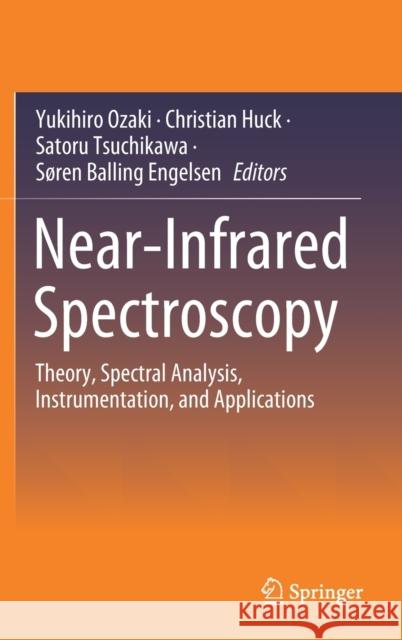Near-Infrared Spectroscopy: Theory, Spectral Analysis, Instrumentation, and Applications » książka
topmenu
Near-Infrared Spectroscopy: Theory, Spectral Analysis, Instrumentation, and Applications
ISBN-13: 9789811586477 / Angielski / Twarda / 2020 / 593 str.
Near-Infrared Spectroscopy: Theory, Spectral Analysis, Instrumentation, and Applications
ISBN-13: 9789811586477 / Angielski / Twarda / 2020 / 593 str.
cena 656,17
(netto: 624,92 VAT: 5%)
Najniższa cena z 30 dni: 578,30
(netto: 624,92 VAT: 5%)
Najniższa cena z 30 dni: 578,30
Termin realizacji zamówienia:
ok. 16-18 dni roboczych.
ok. 16-18 dni roboczych.
Darmowa dostawa!
Kategorie:
Kategorie BISAC:
Wydawca:
Springer
Język:
Angielski
ISBN-13:
9789811586477
Rok wydania:
2020
Wydanie:
2021
Ilość stron:
593
Waga:
1.01 kg
Wymiary:
23.39 x 15.6 x 3.33
Oprawa:
Twarda
Wolumenów:
01
Dodatkowe informacje:
Wydanie ilustrowane











